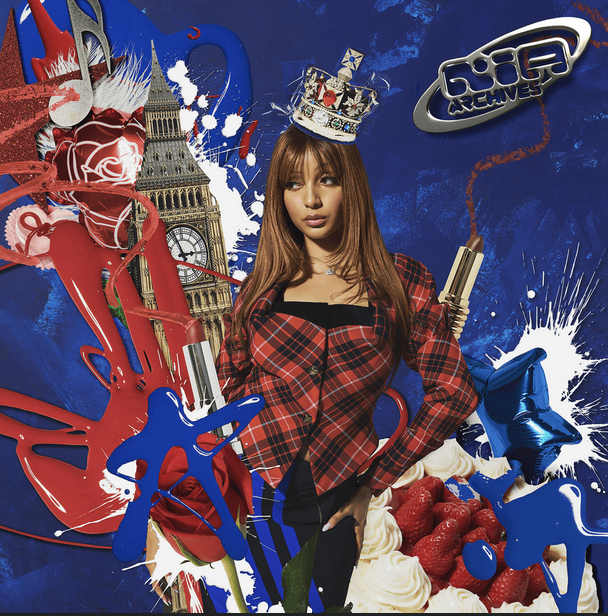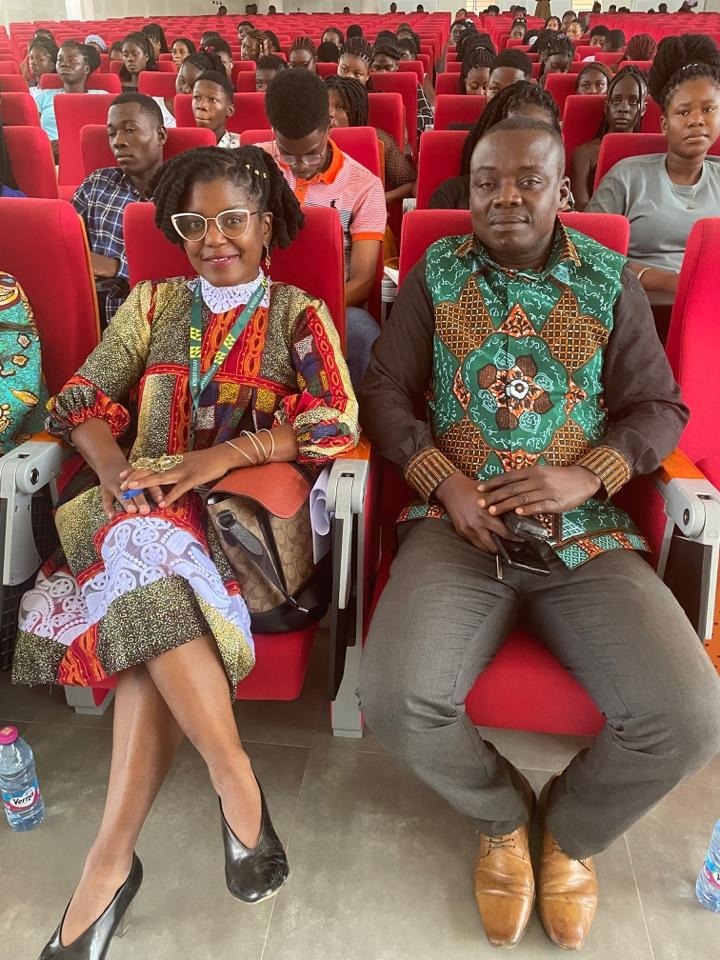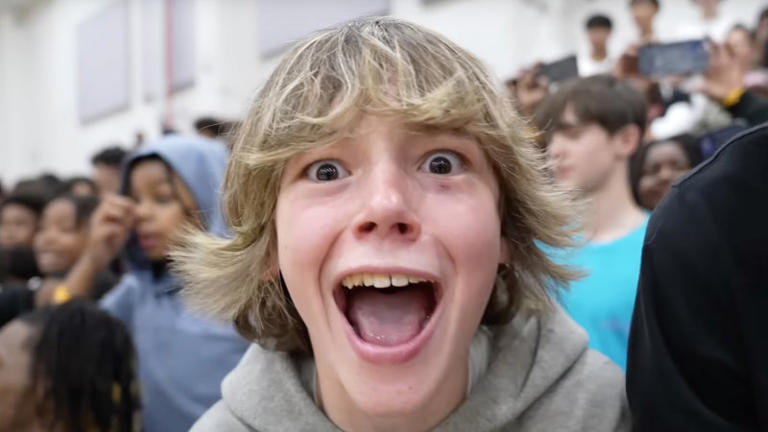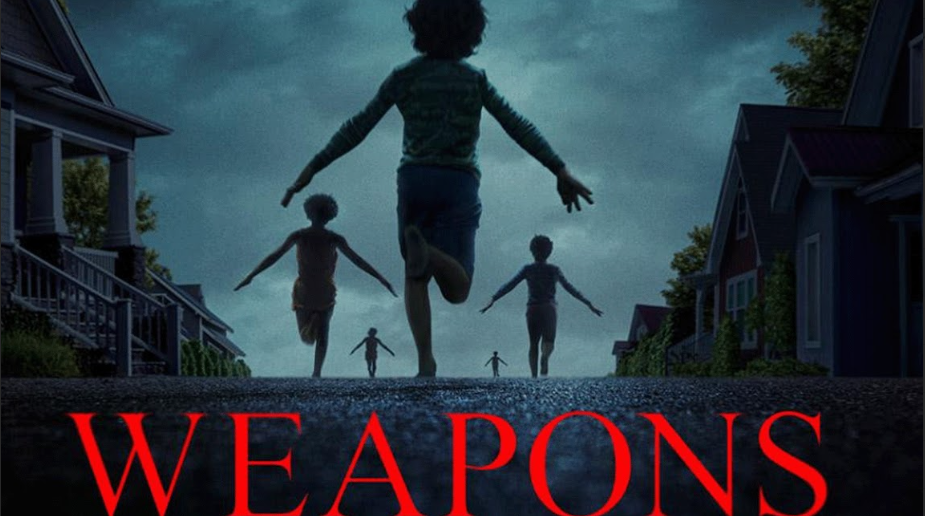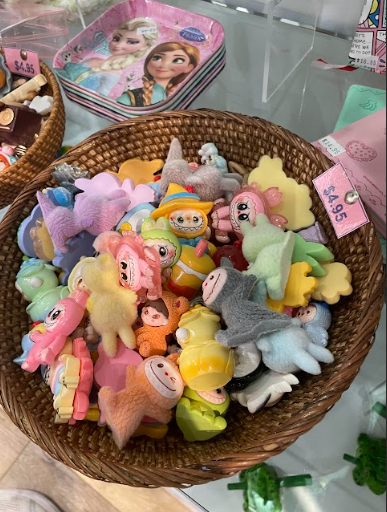
When I was just entering high school, many students around me would mention the difficulties of junior year. From the prep for college to the heavy work of AP classes, 11th grade was made out to be far more challenging and consequential than the previous two years combined. As a young student, these ideas caused a lot of fear: while I had a general idea of the paths I wanted to follow, I was also not ready to just grow up.
With the benefit of hindsight, I can see now that my concerns were somewhat exaggerated, though not in a comforting way. The truth is that more so than school, it is the stress of modern college competition that gives junior year its reputation. Today, the trek towards a college acceptance starts earlier and is more grueling than it ever has been before. The idea that an elite college education is a prerequisite for lifelong success and stability has been adopted en masse, but few people are willing to apply for or attend the small, relatively unknown colleges that dot the American landscape. Thus, many people compete for the fewest resources in a war so mentally bloody that everyone loses: even if not the college admission, then one’s sense of self, and one’s fulfillment in the high school experience.
All for what? Children start preparing for college as early as they learn how to read chapter books. Their schedules are packed with sports and music, art and supplemental academics. Parents pray to every lucky star that something sticks, that their child turns out to be a violin prodigy or a ballet aficionado. The education system has been gamed by those seeking to obtain the perceived highest honors with the most efficient and often most misguided effort. Despite the best efforts of colleges to get to know their prospective students in a nuanced manner, the volume of applicants is simply too high to capture a truly holistic view of any individual person. As a result, the college admissions process has become formulaic. Specialized tutors coach their young clients through writing eye-catching essays–provided one has the money to pay, of course. Workshops and books and speeches and tutorials clutter the web with advice, strategies to really *pop* to that one essay reader. Ironically, in the pursuit of standing out from the crowd, a lot of these students end up looking all the same.
Strangely, even while students across the globe make their mad, desperate scrambles toward a single finish line, the whole system feels directionless. The motions never change, even if everything else does. Different classes. Different distribution of SAT/ACT scores. Different school benchmarks. Regardless of the color of the bullet, the gun will always shoot straight. That has been the point of concern for years and years of competition, but few people have taken enough of a pause to ask how we decided where to even point the gun. The process has become disorganized and rapid, leaving perfectly fine students behind as modern measures of success cater to one type of personality. Human personalities are far too nuanced to be forced into a mold, but the existing system mandates just that, so effectively that non-conformers are doomed to mediocrity.
This is not the proper approach to building a well-rounded person. Such a system only serves to mute people’s unique skill sets and dull the farthest-reaching elements of their personalities. Diversity in thought is a human strength, and a culture that forces conformity at risk of societal rejection is a repressive culture. For now, the status quo will continue, because, for now, the status quo works. People in power do not care to reexamine systems that are so complex while simultaneously having quiet and debatably negative effects.
The system is unsustainable because the current American order is ultimately unsustainable. But even before anything changes, hundreds of thousands of students will continue to deal with a system that fundamentally discourages individuality and free expression. Unfortunately, until then, we will continue to conform to a system where the difference between success and failure is luck and the ability to sell a personality package.


